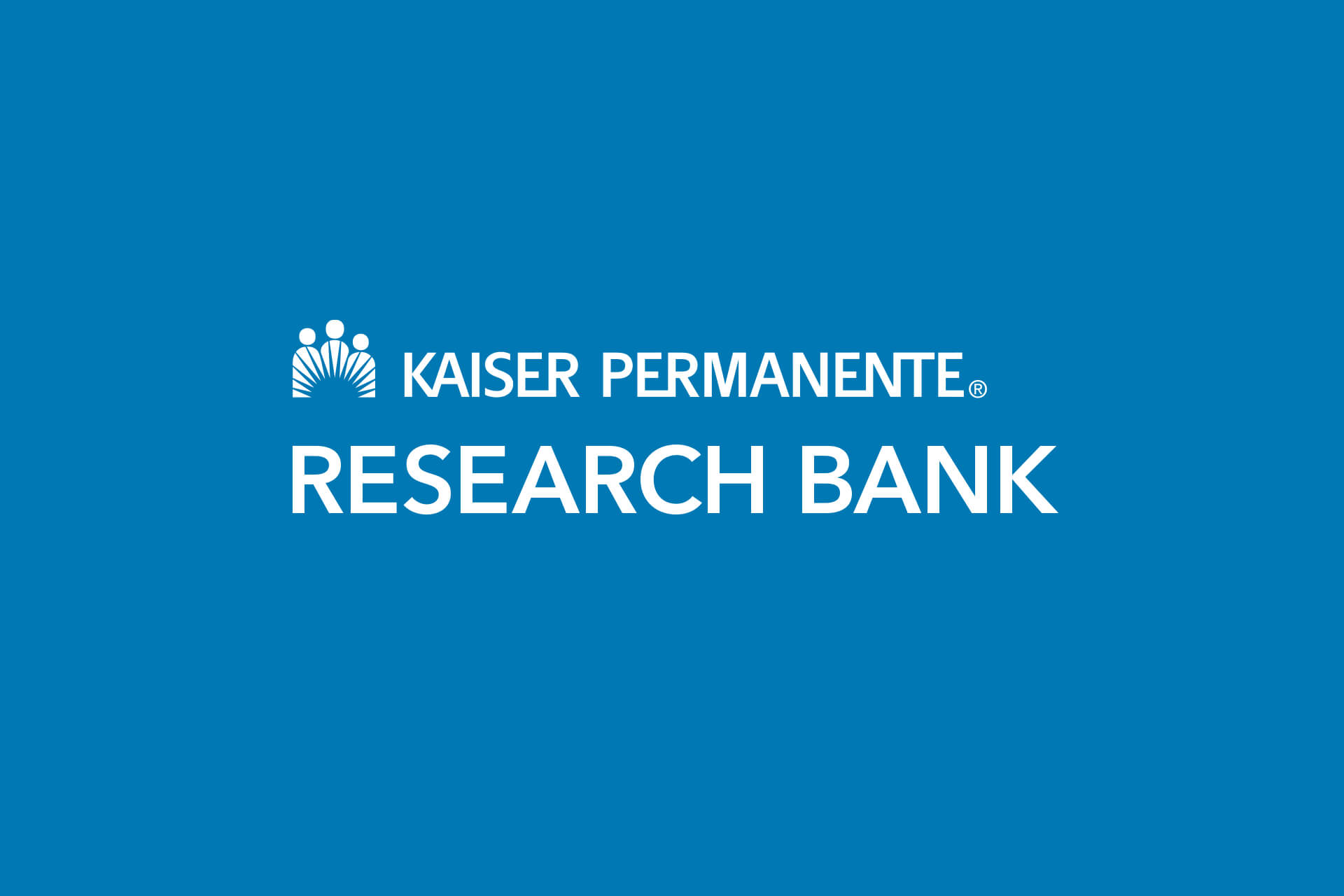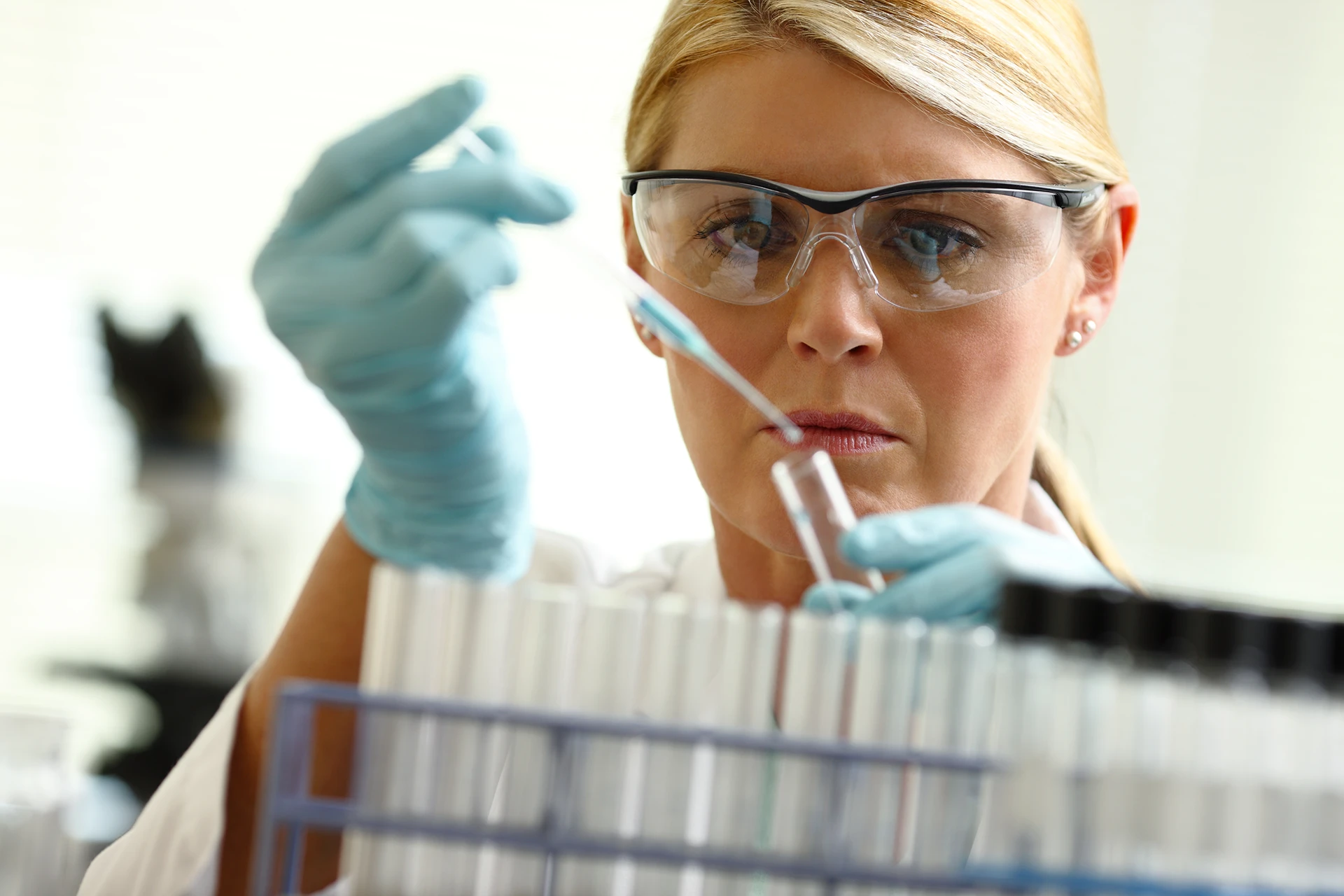The following projects were recently approved to use KP Research Bank information:
Predicting the risk for cataracts: The role of genetic and nongenetic factors
It’s estimated that nearly 95 million people around the world get cataracts. Cataracts are usually related to aging and are a leading cause of permanent blindness. Because cataracts are caused by genetic and nongenetic factors, this project will study how both types of factors increase the likelihood that a person will develop cataracts. Scientists will follow the clinical care of nearly 350,000 KP Research Bank members, comparing people who have cataracts to those who don’t. The goal of the project is to better understand why some people are more likely to develop cataracts. These results can help develop better cataract prevention and screening tests.
Using mammograms, electronic health records, and genetic information to improve breast cancer screening and prevention
The number of people who die from breast cancer is much smaller than it was decades ago. This is for two reasons: 1) Many women get regularly scheduled mammograms. They also get needed follow-up treatment at the early stages of breast cancer when it is easiest to treat. 2) Improved cancer treatments mean fewer people die from breast cancer.
Mammograms find breast cancer at its early stages. However, mammograms sometimes give a “false positive” result. A false positive means that even though the test says the person might have a disease, the person does not have the disease. People who have false positives from mammograms may have extra tests they don’t need, such as surgical biopsies. The extra tests can cause mental and physical discomfort and other harms.
With data from the KP Research Bank, Kaiser Permanente researchers are using “radiomics” to improve the reading of mammograms. Radiomics is a new way to use artificial intelligence and risk prediction to better understand images from tests such as like mammograms, CT (computed tomography) scans, or MRI tests (magnetic resonance imaging).
Based on other results, the researchers expect that this new project will make mammogram results more accurate. This improvement will help reduce false positives and unnecessary tests. The improvements may also lower breast cancer-related deaths.
Cytomegalovirus and autism spectrum disorder risk
CMV, human cytomegalovirus, is the most common infection babies can get before they are born. In the United States, about 1 of every 150 to 200 babies are born with congenital CMV (cCMV). About 1 in 5 of the babies born with cCMV has developmental delays and/or hearing loss. What doctors and researchers don’t currently know is whether babies born with cCMV are also at higher risk of having autism spectrum disorder.
Researchers will study more than 7,000 children born between 2011 and 2019. Some will have cCMV and some will not. These children had mothers who donated blood samples to the KP Research Bank during the first and second trimester of their pregnancies. The researchers will measure antibodies in blood samples to see how cCMV might be linked to developmental disorders, hearing loss, and autism spectrum disorder.


